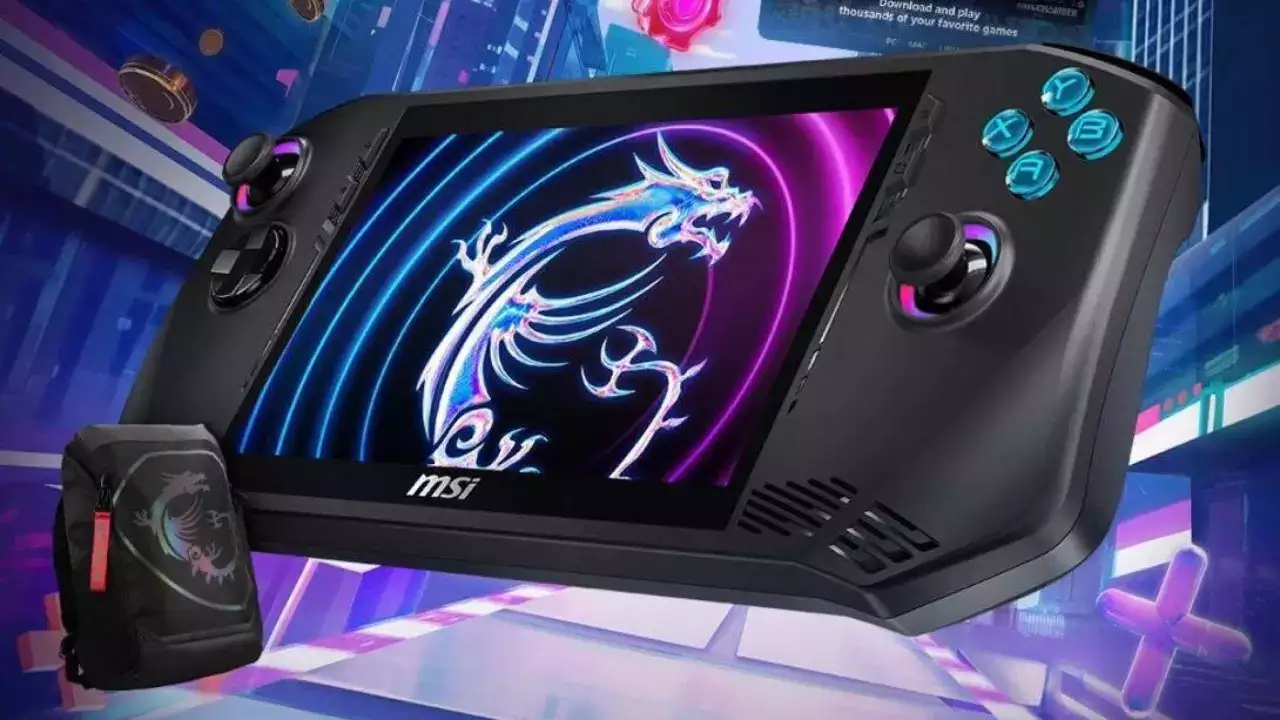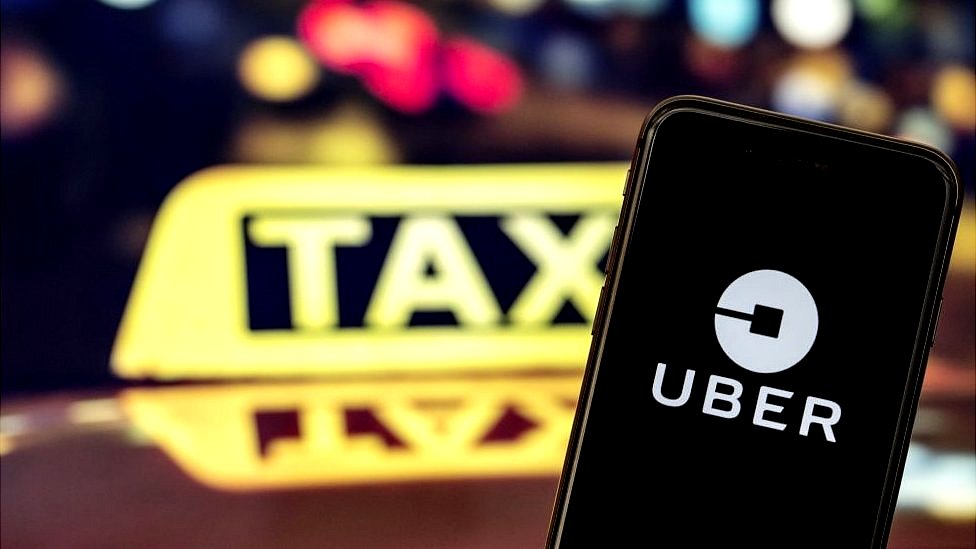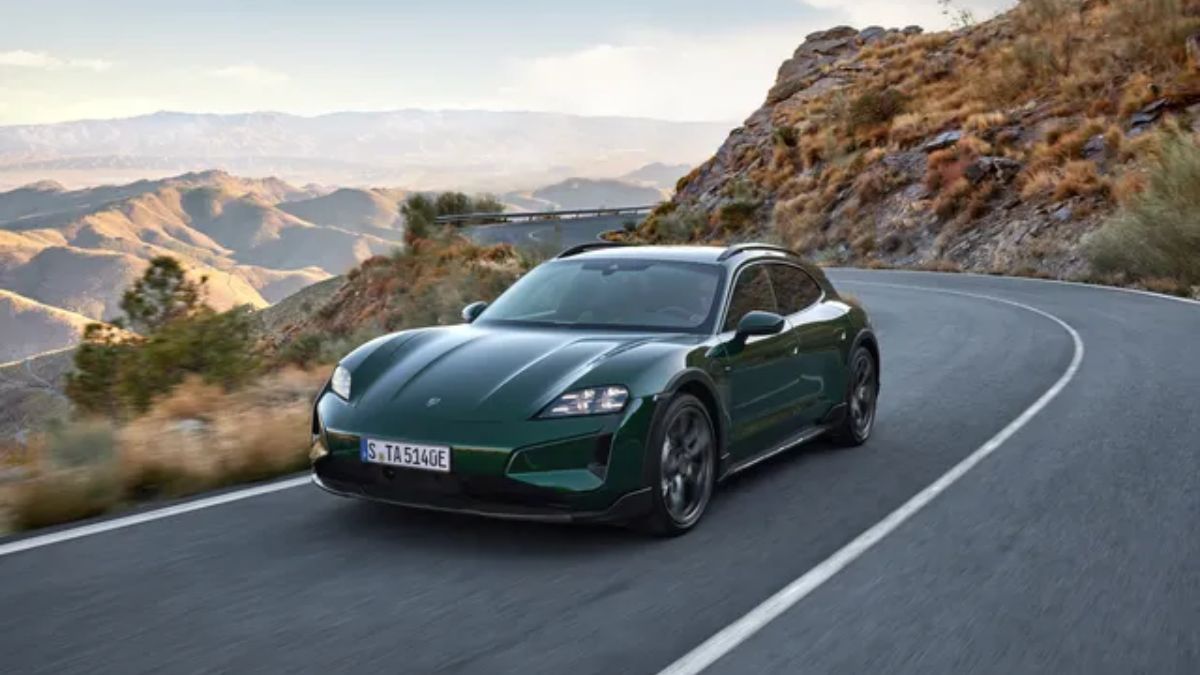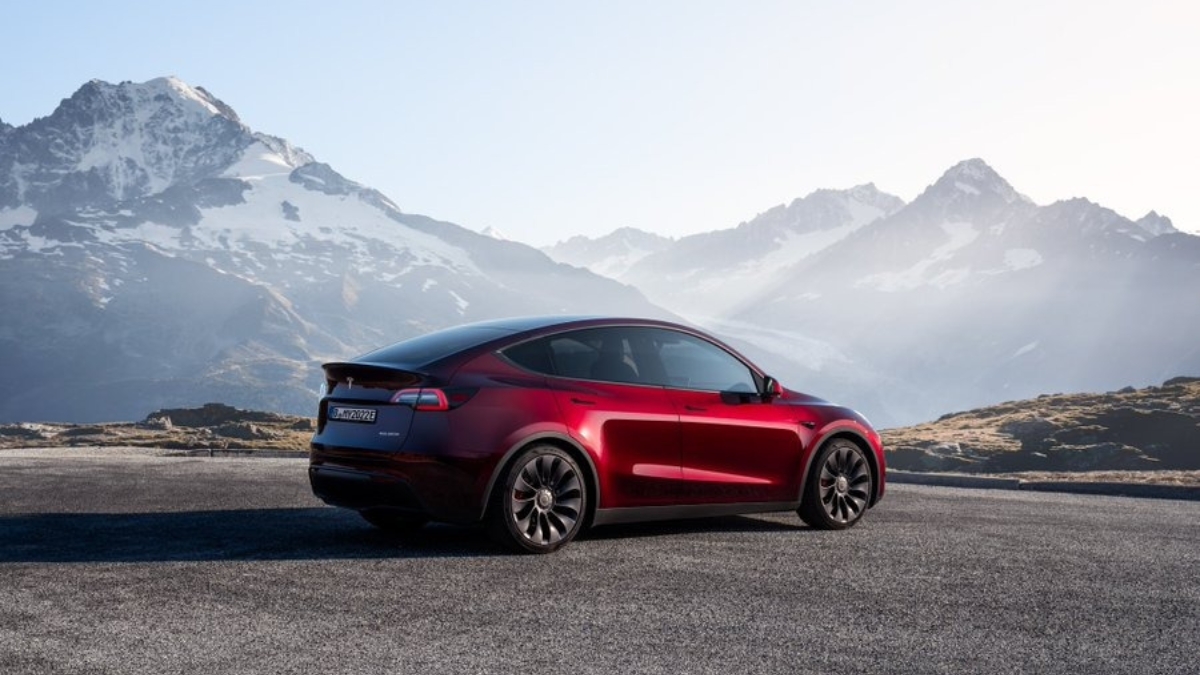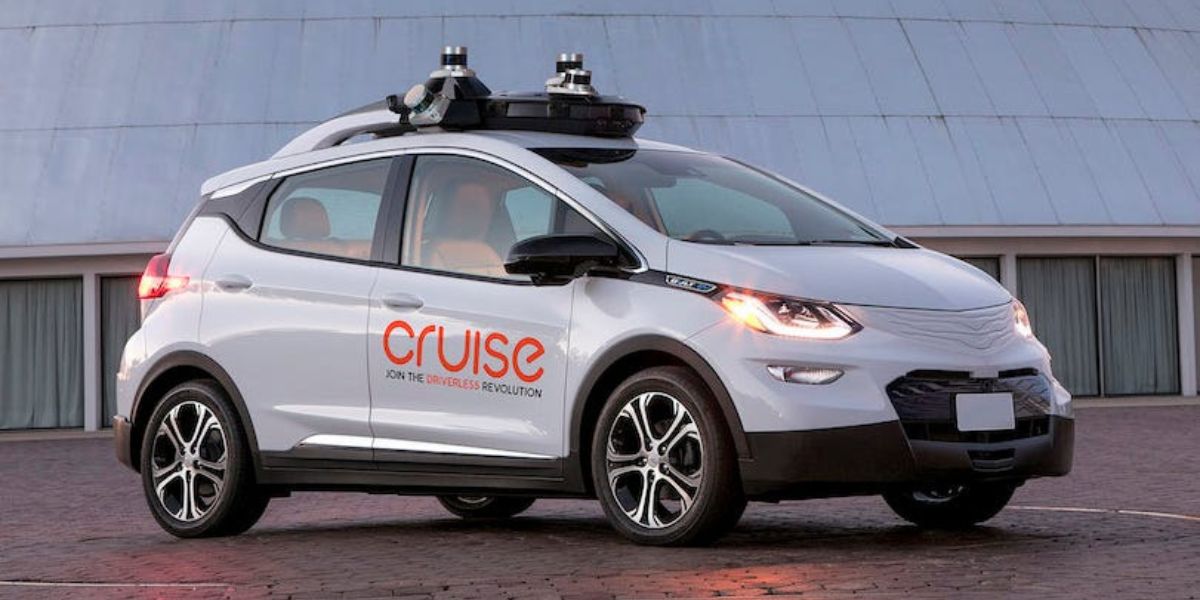Tucson may replace fleet with electric vehicles, amid setbacks
December 26, 2022 By Awanish Kumar
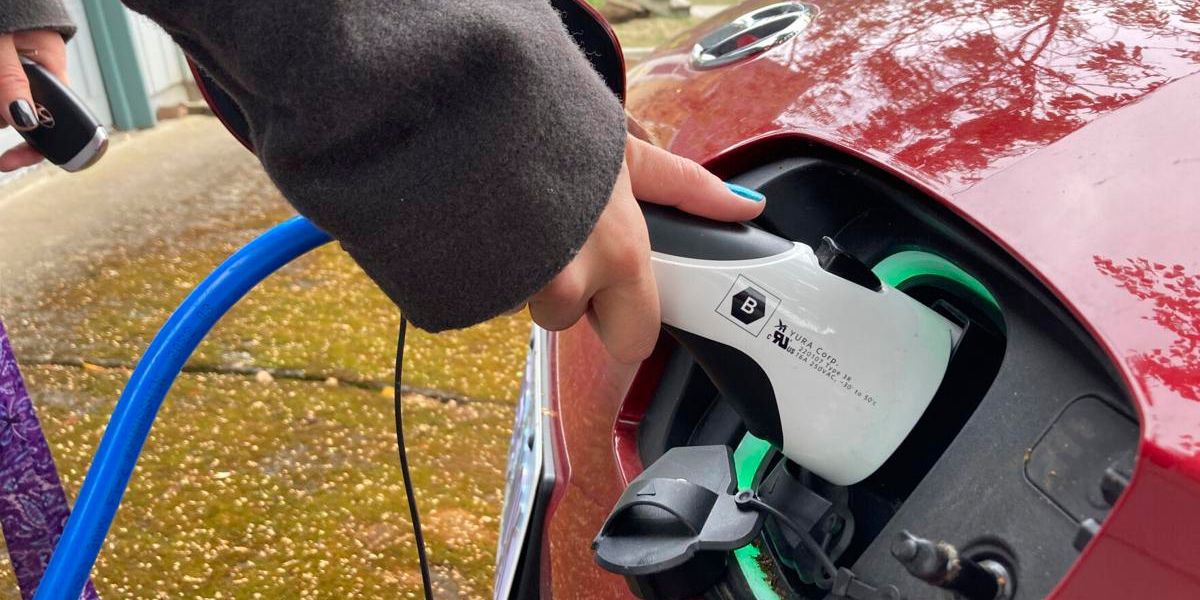
(Image Credit Google)
To cut greenhouse gas emissions and achieve long-term cost savings, Tucson must make considerable progress in the next ten years in the conversion of its gasoline-powered cars to electric vehicles.
In April 2021, the City Council approved the "Electric Vehicle Readiness Roadmap," which has the aspirational target of replacing the whole city's light-duty fleet with EVs by 2030.
The Environmental and General Services Department reports that only three EVs are part of the city's current fleet of 2,405 cars. Sun Tran services, which has 10 electric buses, are not included in the statistics.
According to a recent research from the Arizona Public Interest Research Group Education Fund, which examined the fleets of the state's 10 largest municipalities, Tucson could save $15 million by switching to electric vehicles over the course of the next ten years.
According to the report, the questioned cities and municipalities shell out more than $65 million annually for maintenance expenses and $33.5 million for fuel.
Municipalities might save money on rising fuel and maintenance costs by getting rid of gas and diesel vehicles. Additionally, the study notes that EVs are getting more accessible and come in a variety of vehicles, including pick-up trucks that are regularly utilised in city fleets.
“Gasoline and electric vehicles are continuing to move towards parity when it comes to upfront costs,” said Diane Brown, the executive director of Arizona PIRG Education Fund. “However, electric vehicles do not require the level of operating and maintenance expenses, and therefore save electric vehicle drivers money each year.”
Given that the transportation industry is the largest producer of greenhouse gas emissions in the United States, the city places a high focus on the environmental advantages of EVs.
With the ambition to become carbon neutral by 2030, City Council enacted a Climate Emergency declaration in 2020. Electrifying automobiles could aid the city in achieving this goal.
Supply chain issues
Tucson is creating a strategy to make sure EVs are bought whenever they are available to replace ageing vehicles in the fleet, but the city's need for EVs isn't yet being met.
Since adopting the roadmap last year, Tucson has placed orders for 26 EVs at a cost of nearly $2 million, according to the environmental department. Short purchase cycles, a rise in the desire for EVs, and order cancellations are all slowing down vehicle delivery, though.
The city came to the conclusion that 28% of its fleet could be converted to EVs. However, not every car has an electric equivalent to serve the same purpose as a gasoline-powered vehicle.
The city intends to replace 90 vehicles with new ones this fiscal year, spending over $5 million. According to Carlos de la Torre, director of the Environmental and General Services department, just 35 of the cars will be replaced with electric or hybrid models.
“Our concern is that we don't want to get too far behind in replacing our vehicles,” de la Torre said. “We may have to buy, here and there, a few traditional vehicles just to make sure that we don't get too far behind on our vehicle replacement program.”
Despite current challenges, the Arizona PIRG Education Fund report takes a positive outlook on the growing availability of EVs.
“The report documents the need to transition to electric vehicles, not to turn the fleet over immediately,” Brown said. “Supply chain issues and consumer demand are likely to be addressed by the time municipalities will need to transition their fleets.”
Infrastructure is a significant upfront cost that governments switching to electric fleets must consider due to the higher need for charging capacity. A set number of parking places at new constructions must have EV charging capability, and the mayor and council of Tucson have approved code revisions to assure this. Office, retail, and residential spaces are all governed by the code.
The Tucson Police Department headquarters, Tucson Fire Central, Tucson Water Plant 1 or the Thomas Price Service Center are the four prospective locations that staff have identified as viable locations for charging infrastructure at city-owned facilities. Budgeted for design and construction of the charging infrastructure to be built over a period of 1 1/2 years is about $1.8 million.
By Awanish Kumar
I keep abreast of the latest technological developments to bring you unfiltered information about gadgets.



